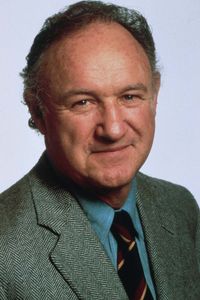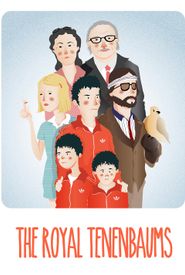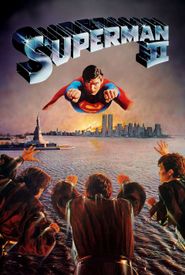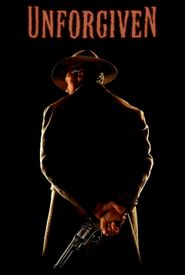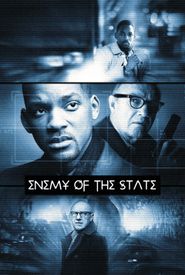Eugene Allen Hackman was born in San Bernardino, California, to Ann Lydia Elizabeth Gray and Eugene Ezra Hackman, who operated a newspaper printing press. His ancestry is a mix of Pennsylvania Dutch, English, and Scottish, with a hint of Canadian heritage through his mother's birthplace. The family relocated several times before settling in Danville, Illinois, where Hackman grew up in a tumultuous home that ultimately led him to leave at the age of 16 to join the US Marines.
After his discharge, Hackman moved to New York and worked various menial jobs before utilizing the G.I. Bill to study journalism and television production at the University of Illinois. It wasn't until he was over 30 years old that he decided to pursue an acting career, enrolling at the Pasadena Playhouse, where he and friend Dustin Hoffman were famously voted "least likely to succeed."
Hackman then returned to New York, working in summer stock and off-Broadway productions. His breakthrough role came in 1964 as the young suitor in the Broadway play "Any Wednesday," which led to him being cast in the small role of Norman in the film "Lilith" (1964),starring Warren Beatty. When Beatty was casting for "Bonnie and Clyde" (1967),he chose Hackman for the role of Buck Barrow, Clyde Barrow's brother, earning him a nomination for the Academy Award for Best Supporting Actor.
Hackman's subsequent film roles included "I Never Sang for My Father" (1970),for which he received another Oscar nomination, and "The French Connection" (1971),where he won the Academy Award for his portrayal of Detective Jimmy "Popeye" Doyle. At the age of 40, Hackman had become a Hollywood star, with his work continuing to rise to new heights with films like "Night Moves" (1975) and "Bite the Bullet" (1975),while also experiencing setbacks with movies like "The Poseidon Adventure" (1972) and "Eureka" (1983).
Throughout his career, Hackman demonstrated his versatility as an actor, taking on comedic roles, such as the blind man in "Young Frankenstein" (1974),as well as villainous parts, like the evil Lex Luthor in "Superman" (1978). He has also appeared in a wide range of films, including "Extreme Measures" (1996),where he played a doctor who prioritizes his work over people, and "Crimson Tide" (1995),where he portrayed a captain on the brink of nuclear destruction.
Initially hesitant to accept the role of Little Bill Daggett in Clint Eastwood's "Unforgiven" (1992),Hackman eventually took on the part, which earned him the Oscar and Golden Globe awards. He has since appeared in a number of western films, including "Geronimo: An American Legend" (1993),"Wyatt Earp" (1994),and "The Quick and the Dead" (1995).
